 He doesn't have a hook for a hand yet, but he's always practicing for that day. 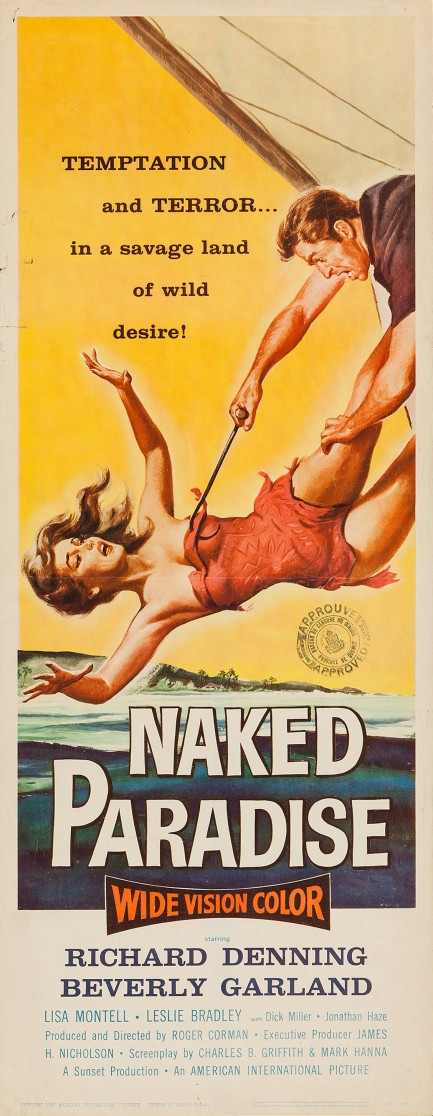
The first thing to know about Naked Paradise is that it's an early Roger Corman movie, made by Sunset Production and distributed through American International Pictures, companies he helped establish. Corman also directed, so it's safe to say he had near-total control of the movie on and off the set. While he's made some real stinkers over the years, by his standards Naked Paradise isn't terrible. That doesn't mean its good. It's still laughably dopey in parts, the type of movie you can riff on from start to finish, but narratively it hangs together reasonably well and a couple of the actors practice their craft with competence.
Plotwise, three criminals led by Leslie Bradley travel to Oahu disguised as pleasure cruisers to try lifting a massive pineapple and sugar cane plantation's payroll. Their escape is via the same method as their arrival, unbeknownst to their boatmates, who at first are too busy sunning themselves and romancing to realize there are three dangerous criminals in their midst. Tensions between the boat's captain Richard Denning and the crooks soon come to a frothing head when the lead heister and his arm candy Beverly Garland acrimoniously split from each other.
The group are then stuck together during a tropical storm, a plot turn which brings to mind Key Largo. In fact we can hear screenwriter Robert Wright Campbell's pitch to Corman: “You see, it's Key Largo, sandwiched on one side by deep backstory showing the audience why Johnny Rocco and his henchmen are on the run, and on the other by an extended aquatic climax.” That's exactly the movie Corman made, though doubtless done far more cheaply than Campbell ever envisioned.
Corman has a genius for conjuring final results that are better than their shoestring budgets should allow, and he certainly is an unparalleled wrangler of nascent talent. He's given opportunities to directors such as Coppola, Demme, Scorsese, and Ron Howard, and performers like Jane Fonda and William Shatner. If there's such as thing as a pulp filmmaker he's the guy. His stories nearly always aim for the gut by focusing on action with a hint of innuendo, and rely upon the most standard of cinematic tropes. Naked Paradise is quintessential Corman. Is it good? Not really. But it's certainly watchable. It premiered this month in 1957.
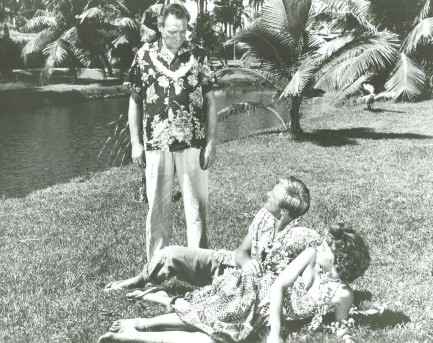 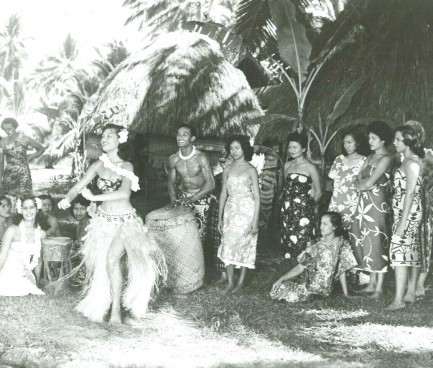 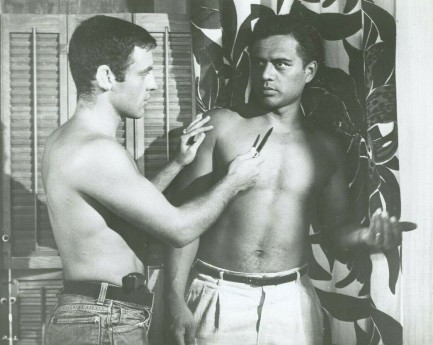 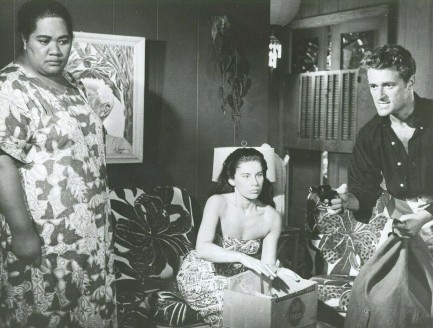 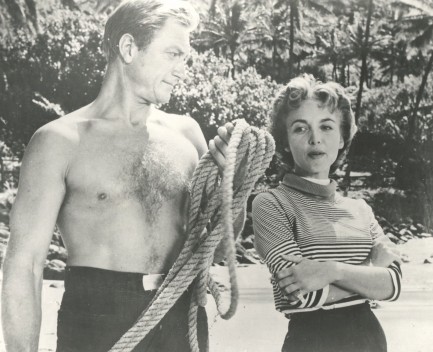 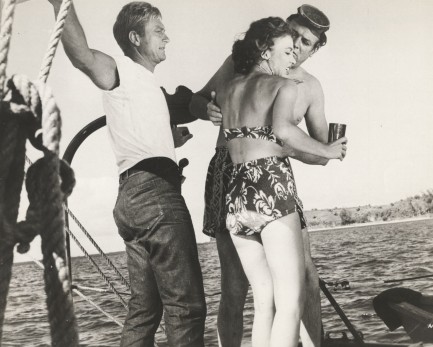 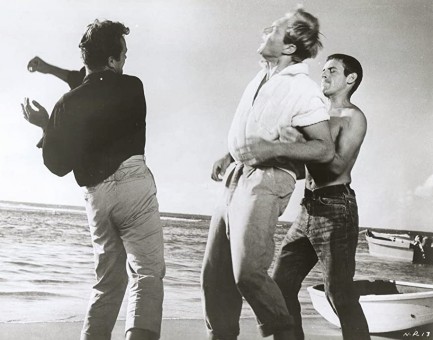 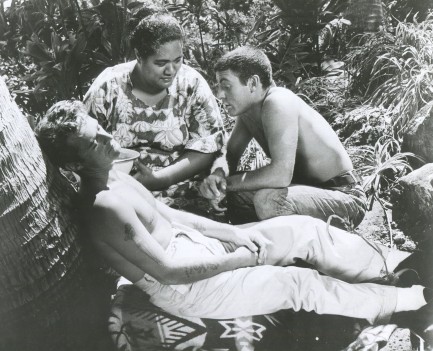 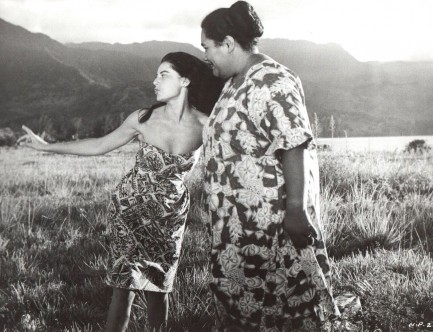 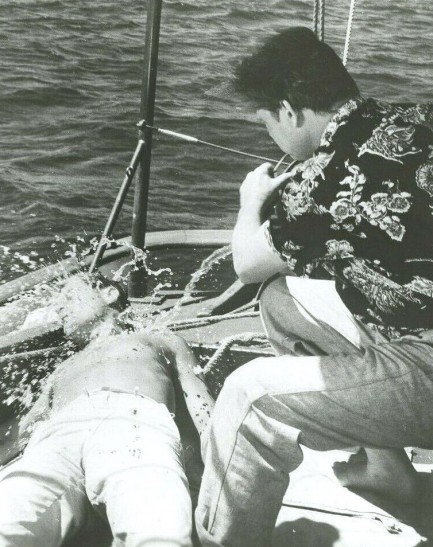 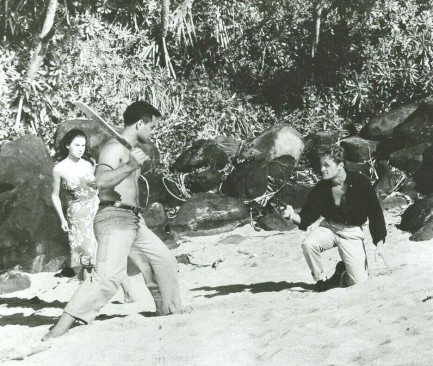
 MacDonald paves the way for two brilliant film adaptations. 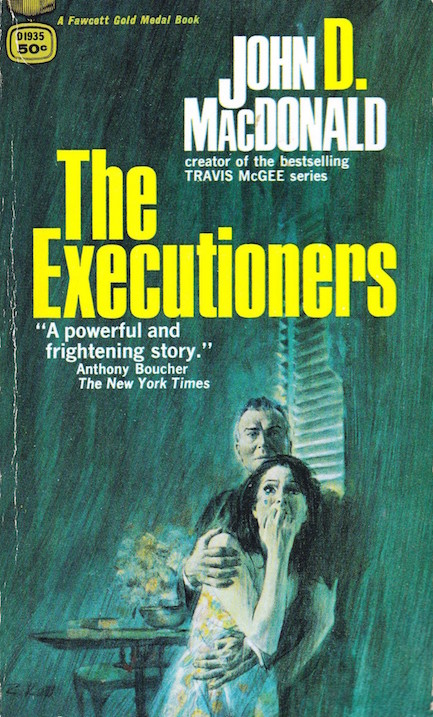
John D. MacDonald's The Executioners should be studied in screenwriting classes as an example of what great movie minds can do with good base material. The book was made into two movies, both called Cape Fear, the first in 1962 with Robert Mitchum playing an iconic villain, and the second in 1991 with a lean and terrifying Robert DeNiro in the same role. You probably know the novel's basic set-up: a young man's testimony sends a savage rapist to prison, but years later as a middle-aged lawyer, he's astonished to find not only that the rapist has earned an early parole, but that he has one thing on his mind—revenge. MacDonald gets the entire backstory of the rape, trial, and imprisonment built in the first twenty pages, then kicks the tale into high gear as the hero tries to save his family from several potentially horrible forms of retribution.
The book is great, but even so it's of minimal scope compared to both film adaptations. The 1962 Cape Fear rearranged the book's climax into something more intense and physical, while the 1991 Cape Fear, which was directed by Martin Scorsese, took the pedophile sexual predator subtext of the novel and dragged all its dark ugliness right out into the open. Both adaptations made wise, bold choices, both were acclaimed by critics, and both pushed the envelope while daring audiences to endure the ride. So what you have here is a book that is among MacDonald's best, and two movies based upon it that are both among the best cinema of their era. That's some trick. We suggest you make time for all three. It will be well worth it.
 Scorsese and DeNiro drive the message home. 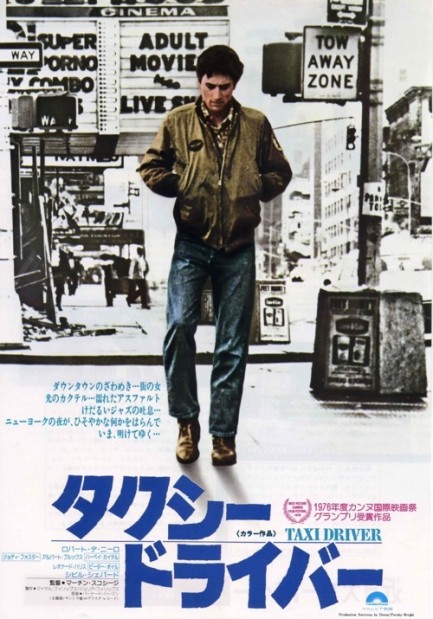
And as long as we’re on the subject of movie posters, above you see the amazing Japanese promo for Martin Scorsese and Robert DeNiro’s noir-influenced howl of anguish Taxi Driver. After being released Stateside in early 1976 it premiered in Tokyo today the same year, and it is simply one of the best pieces of cinema ever produced in the U.S. In a country where outrage is increasingly an accepted form of communication, its story of a broken soul trying to cope with his own formless anger—not using his mind, but using his gun—resonates ever more strongly each day. People see DeNiro’s character Travis Bickle differently. Some see him as a fairly regular guy. Others see him as a mutant. Maybe it depends on one’s own level of anger. Scorsese and screenwriter Paul Schrader aren’t ambiguous about it—Bickle is a mutant who can blend in only because he’s surrounded by people so overworked or beaten down or self-involved or dwarfed by circumstance that they don’t notice that something is very wrong with him. Taxi Driver shows a man dealing with a sickness of anger, suggesting that the urge to commit violence is a cancer that could infest anyone if they aren't careful. It's a good message for times like these.
 Elusive Whitey Bulger captured in California. 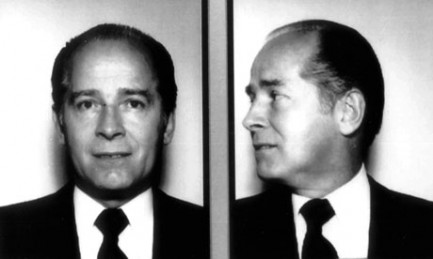
No, Whitey Bulger isn’t a thing, but a person. James “Whitey” Bulger, a notorious gangster who had been on the FBI’s 10 Most Wanted List for sixteen years and was the template for Jack Nicholson’s character in Martin Scorsese’s The Departed, was captured last night in Southern California. Bulger had once been leader of an Irish organized crime syndicate called the Winter Hill Gang, and worked for twenty years as an FBI informant in Boston. But he was dropped from the Feds’ roster in the early 1990s and dropped out of sight himself in 1995 when his FBI handler John Connolly, Jr. tipped him off that an indictment was coming down. Bulger was arrested yesterday at a Santa Monica apartment complex and now will face a full slate of serious charges—including murder, conspiracy, money laundering, narcotics distribution, and extortion. Though the FBI has traditionally worked with criminals to help secure evidence against other lawbreakers, the agency’s relationship with Whitey Bulger was sharply criticized once it became public. At the time, the FBI was determined to cripple the Italian Mafia in Boston, and saw a partnership with Bulger and his Winter Hill Gang associate Stephen “The Rifleman” Flemmi as an acceptable bargain. But the relationship quickly became messy as the agency turned a blind 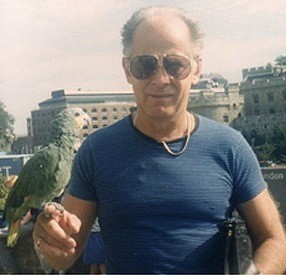 eye to Bulger and Flemmi’s ongoing crimes. Flemmi himself testified in court in 1998 that the FBI gave him a free pass on numerous murders and attempted murders. He described it as having a “license to kill.” eye to Bulger and Flemmi’s ongoing crimes. Flemmi himself testified in court in 1998 that the FBI gave him a free pass on numerous murders and attempted murders. He described it as having a “license to kill.” At one point, who was operating who came into serious doubt, as John Connolly—at Whitey Bulger’s behest—passed along a case of wine and an envelope of cash to John Morris, Connolly’s supervisor in the FBI. Morris later copped to accepting thousands in bribes from Bulger and Flemmi. And in the most bizarre twist, the already wealthy Bulger somehow won $1.9 million in the Massachusetts lottery but went on the run before he was able to claim his prize, leading to the sight of his sister marching into U.S. Appeals Court in an attempt to win rights to the cash. Safe to say that as convoluted a story as Scorsese filmed in The Departed, the truth was infinitely more complex. Whether that truth will ever come out is in doubt. Bulger, eighty-one years old, is certain to die in prison.
 Robert De Niro was all the rage in this Martin Scorsese tour de force. 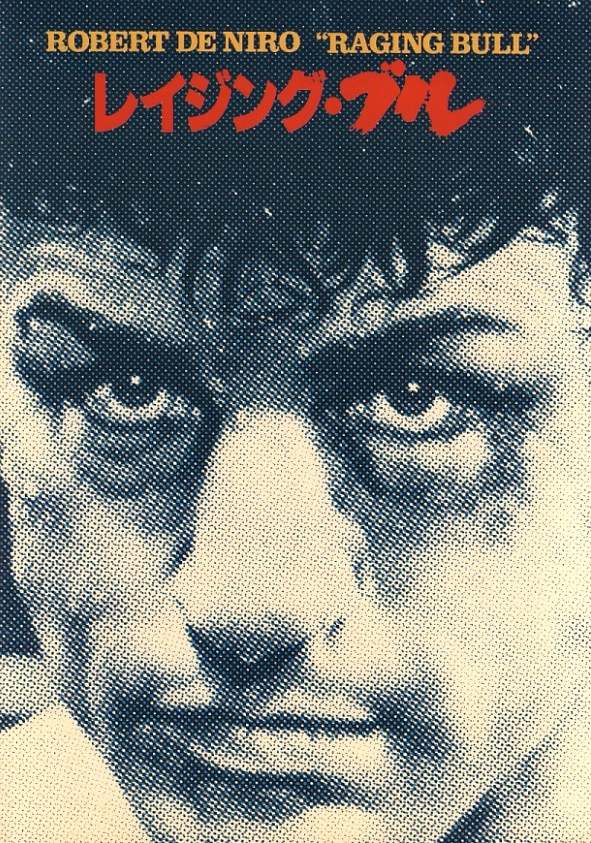 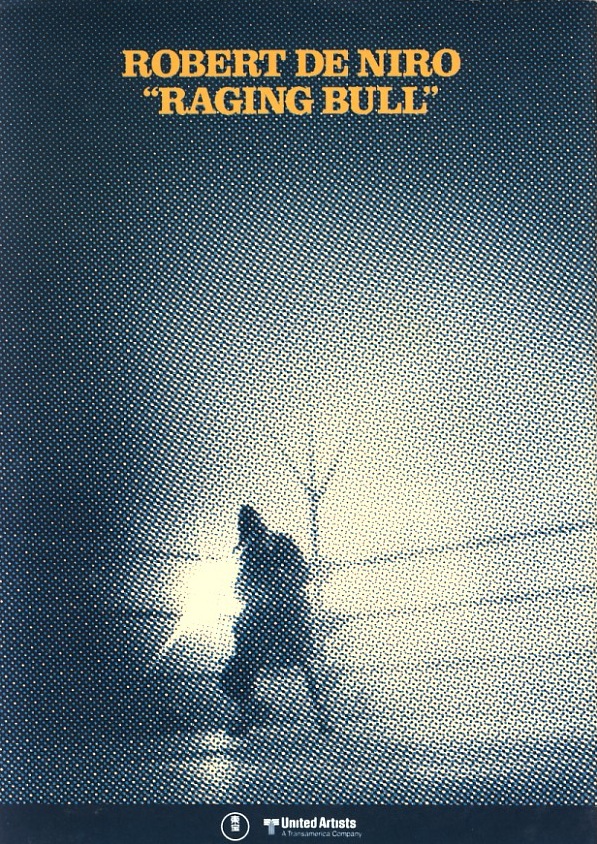
We flirted with the idea of saving this Japanese promo art for Raging Bull until this date next year, but then we stopped kidding ourselves, because, one—we lack self-discipline, and two—who's to say we'll even be here next year? So here you go. We’ll have more on this film later, but for now, just dig the art. Raging Bull premiered in Japan today in 1980.
|
 |

The headlines that mattered yesteryear.
1945—Churchill Given the Sack
In spite of admiring Winston Churchill as a great wartime leader, Britons elect
Clement Attlee the nation's new prime minister in a sweeping victory for the Labour Party over the Conservatives. 1952—Evita Peron Dies
Eva Duarte de Peron, aka Evita, wife of the president of the Argentine Republic, dies from cancer at age 33. Evita had brought the working classes into a position of political power never witnessed before, but was hated by the nation's powerful military class. She is lain to rest in Milan, Italy in a secret grave under a nun's name, but is eventually returned to Argentina for reburial beside her husband in 1974. 1943—Mussolini Calls It Quits
Italian dictator Benito Mussolini steps down as head of the armed forces and the government. It soon becomes clear that Il Duce did not relinquish power voluntarily, but was forced to resign after former Fascist colleagues turned against him. He is later installed by Germany as leader of the Italian Social Republic in the north of the country, but is killed by partisans in 1945. 1915—Ship Capsizes on Lake Michigan
During an outing arranged by Western Electric Co. for its employees and their families, the passenger ship Eastland capsizes in Lake Michigan due to unequal weight distribution. 844 people die, including all the members of 22 different families. 1980—Peter Sellers Dies
British movie star Peter Sellers, whose roles in Dr. Strangelove, Being There and the Pink Panther films established him as the greatest comedic actor of his generation, dies of a heart attack at age fifty-four.
|

|
|

It's easy. We have an uploader that makes it a snap. Use it to submit your art, text, header, and subhead. Your post can be funny, serious, or anything in between, as long as it's vintage pulp. You'll get a byline and experience the fleeting pride of free authorship. We'll edit your post for typos, but the rest is up to you. Click here to give us your best shot.

|
|



















 eye to Bulger and Flemmi’s ongoing crimes. Flemmi himself testified in court in 1998 that the FBI gave him a free pass on numerous murders and attempted murders. He described it as having a “license to kill.”
eye to Bulger and Flemmi’s ongoing crimes. Flemmi himself testified in court in 1998 that the FBI gave him a free pass on numerous murders and attempted murders. He described it as having a “license to kill.”






































































